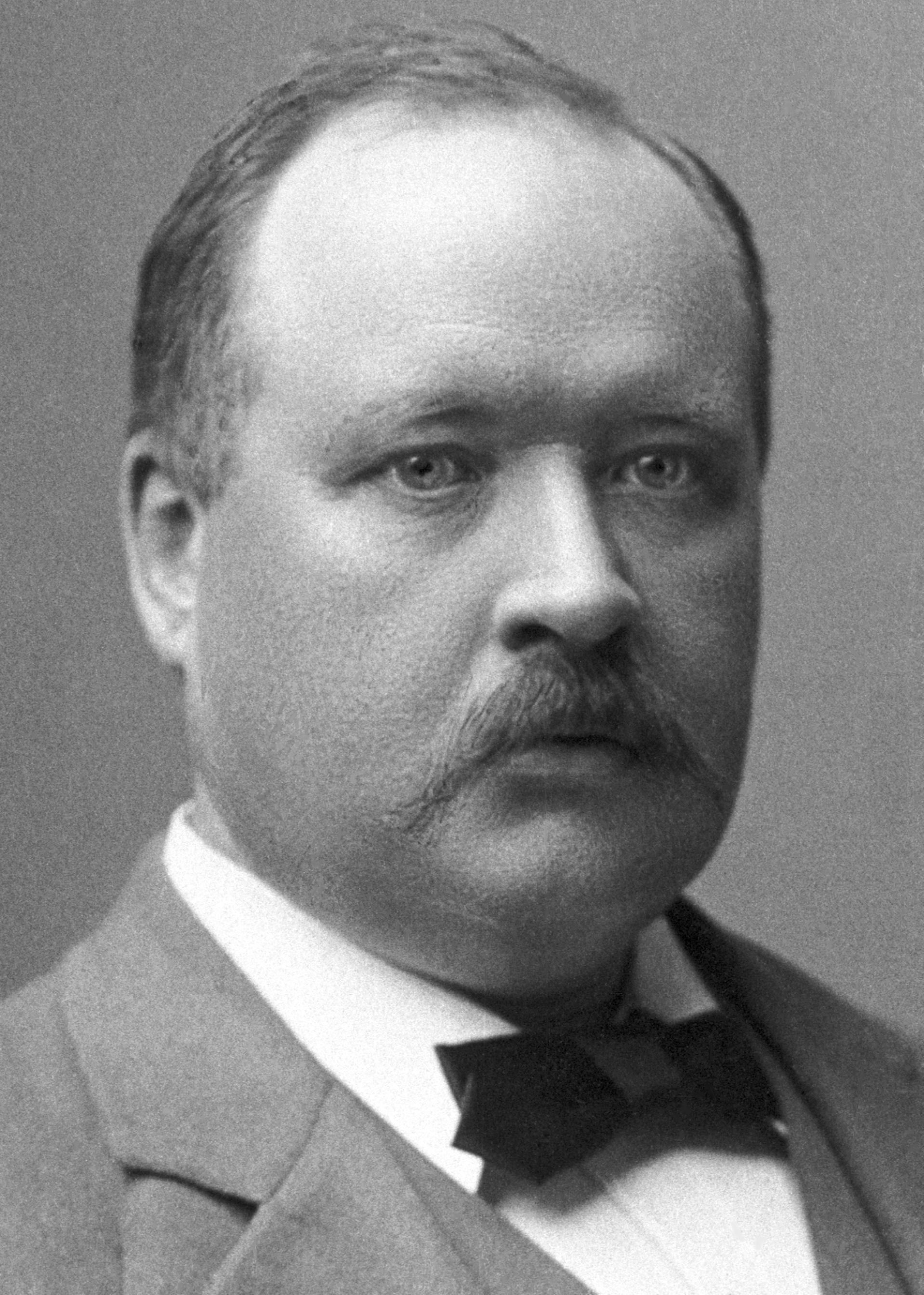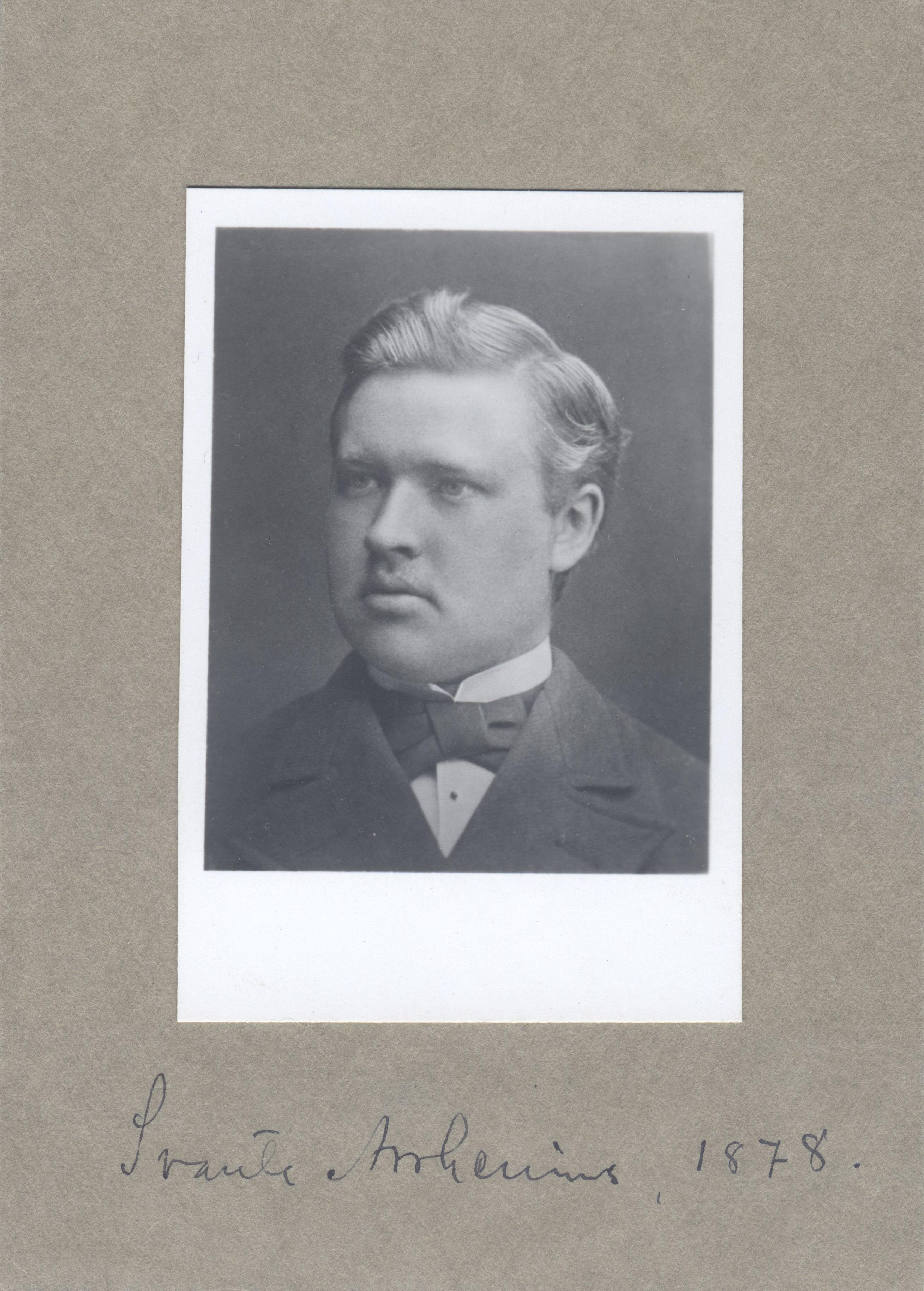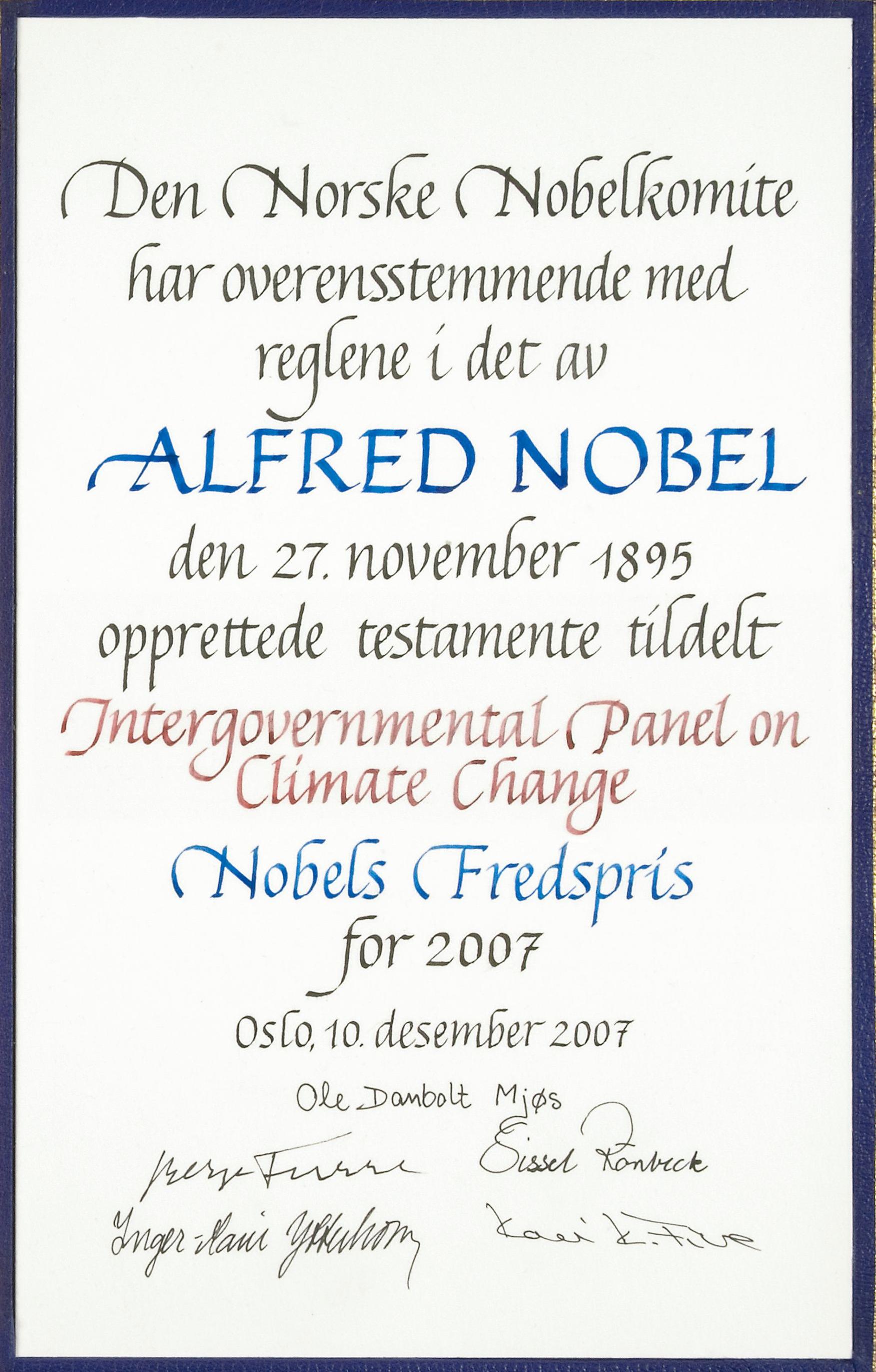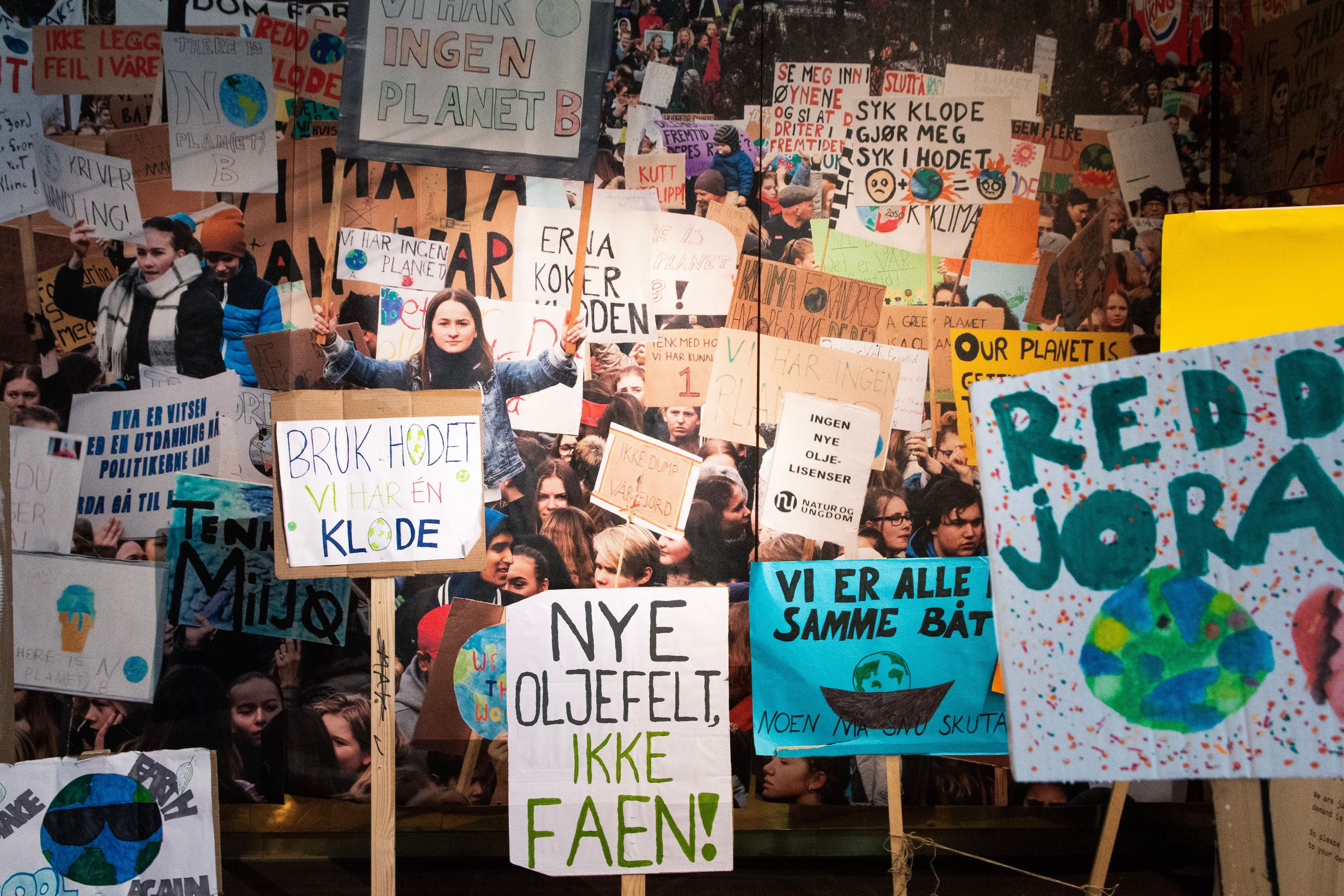A 123-year-old fact and the Nobel Peace Prize
So, what is the connection between the Nobel Peace Prize and climate change? To connect the dots, we need to understand Alfred Nobel´s vision and the Norwegian Nobel Committee.
Alfred Nobel
Born in Sweden in 1833, Alfred Nobel was a man of the world – by the age of 17 he was fluent in Swedish, Russian, French, English and German. He was an inventor by heart, and he accumulated a whopping 355 patents, including dynamite.
Nobel had a grand and inspiring vision – a vision of a better world. In his last will, Nobel left much of his wealth for the establishment of a prize now known as the Nobel Prize. The set of prize-categories would reward discoveries that confer the greatest benefit to humankind, and Nobel included a prize for persons or organizations who promoted peace. Nobel believed that people could improve society through knowledge, science and humanism, and he was very interested in issues related to social justice and peace – issues that were considered radical in his era.
Radical Arrhenius
Nobel was not the only Swede who dared to think radically at the time. Swedish scientist Svante Arrhenius asked, in 1896, the question that would pave the way for the greatest topic of our generation:
"Is the mean temperature of the ground in any way influenced by the presence of the heat-absorbing gases in the atmosphere?"
With this single question, Arrhenius became the father of climate change. Arrhenius believed that what we humans were doing – burning fossil fuel on a large scale – would make countries warmer. He was the first person to investigate the effect CO2 would have on the global climate. But, alas, a century later, with all the information and knowledge we have, we are still using fossil fuel as one of our main sources of energy.
Arrhenius´ education was actually not in climate research, but in electrochemistry, and he was later awarded the Nobel Prize for Chemistry for his work on the electrolytic theory of dissociation.
The Nobel Peace Prize and Climate Change
In the earliest years, the Nobel Peace Prize was often awarded to pioneers of the organized peace movements. But over time, the Prize has been awarded in recognition of different kinds of peace work. It has evolved and shifted its focus, from pioneers to politicians who sought to promote international peace and stability.
Svante Arrhenius did not get a Peace Prize and his work on climate and carbon emissions was pretty much forgotten for more than half a century, largely because most people did not believe that human activity could have an impact on the earth’s climate. But in the 21st century, the Norwegian Nobel Committee embraced the efforts made to limit the harm done by man-made climate change and threats to the environment.
In 2007, the Norwegian Nobel Committee stayed true to Alfred Nobel´s grand vision of creating a better world by awarding the Nobel Peace Prize to the Intergovernmental Panel on Climate Change (IPCC) and former US Vice President Al Gore Jr. They were awarded the Prize for their efforts to obtain and disseminate greater knowledge concerning man-made climate changes and the steps that need to be taken to counteract those changes.
The IPCC was established by the United Nations General Assembly in 1988, and its purpose was to collect research and report on the state of the climate. Between 1990 and 2007, four reports were submitted by the Nobel Peace Prize laureate, pushing climate change into the spotlight and onto the front page. The reports stated, as Arrhenius had predicted, that climate change was to a significant extent man-made, but also that it was accelerating. The reports also stated that there was an urgent need to adopt counter-measures in order to prevent a global climate crisis from arising in the near future. Not only will it become a global climate crisis, but according to the IPCC, there is a real danger that the changes will increase the number of conflicts and wars, due to already scarce and unequal distribution of natural resources.
The future
Eleven years after Gore and IPCC was awarded the Nobel Peace Prize, the IPCC issued a new climate change report. The report stressed the disastrous consequences of what an increase of 2 degrees Celsius would mean for our climate. With carbon emissions on the rise, the Nobel Peace Prize laureate warned, once again, that rapid action is needed.
According to the UN, more than half of those hungry in 2016 – 489 million people – were in countries affected by conflicts. And these have rapidly become more numerous, increasingly in tandem with droughts, floods and other climate-related disasters.
“The risks associated with climate-related disasters do not represent a scenario of some distant future. They are already a reality for millions of people around the globe – and they are not going away,” said Rosemary DiCarlo, the UN Under-Secretary-General for Political and Peacebuilding Affairs in January 2019.
Conflicts and insecurity, triggered by hunger and climate disasters, are driving people into displacement. The global society should be helping to improve society through knowledge, science and humanism, in the spirit of Alfred Nobel. When we invest in the fight against climate change, we invest in sustainable peace and in the end our own security.
The Nobel Peace Prize is rewarded engaged planetary citizens, who dare to come up with radical ideas that confer the greatest benefit to humankind. Such as ideas to reduce climate change, because sustainable peace requires and needs immediate climate action. But the planet needs more than empty talk. And it needs more than a Prize. Alfred Nobel once said that good wishes alone will not ensure peace. And he was right.
Share:



